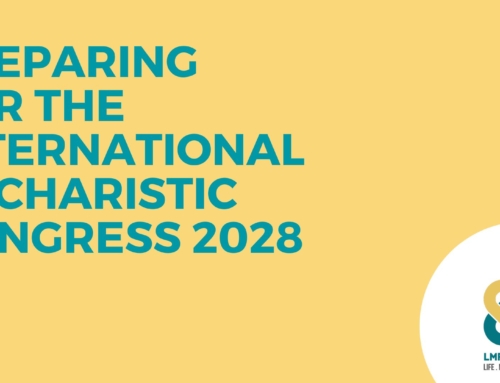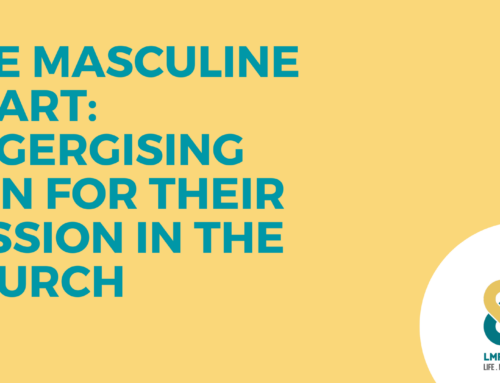Marriage affords endless opportunities to practice loving. But because the intimacy of the relationship also reveals personal flaws, (the other’s and our own), we can slip into negativity, forgetting what it was like to initially fall in love, and what it is now to live in love. The virtue of gratitude can help us remember.
This article is an excerpt from the For Your Marriage website – for the full article, click: here By Dolores R. Leckey, former director of the USCCB Secretariat of Family, Laity, Women and Youth
Implicit in the term virtue is the notion of habitual, of a way of being that shapes our character. So it follows that to develop the virtue of gratitude it is important to be grateful, both in the recesses of our inner selves, and in external exchanges with our marriage partner, and to do so with some regularity.
So important did St. Ignatius of Loyola consider gratitude that he thought the absence of it was the only real sin. Without gratitude we cannot appreciate the grace of God which surrounds us, all of us, all the time. One resource for getting in touch with the roots of gratitude is the Ignatian examen.
Jesuit father Dennis Hamm presents a helpful modern version of the ancient examination of conscience which is more an examen of consciousness. He points out that in French and Spanish the word conciencia has a much larger meaning than the English word conscience. Consciousness is about awareness, self-knowledge, and feelings. The practice consists in prayer at the end of the day, reviewing high points and low points and being conscious of one’s feelings in relation to the daily activities, challenges and questions. Feelings will rise up and Fr. Hamm assures us that feelings are genuine clues about what is really going on in our interior lives.





